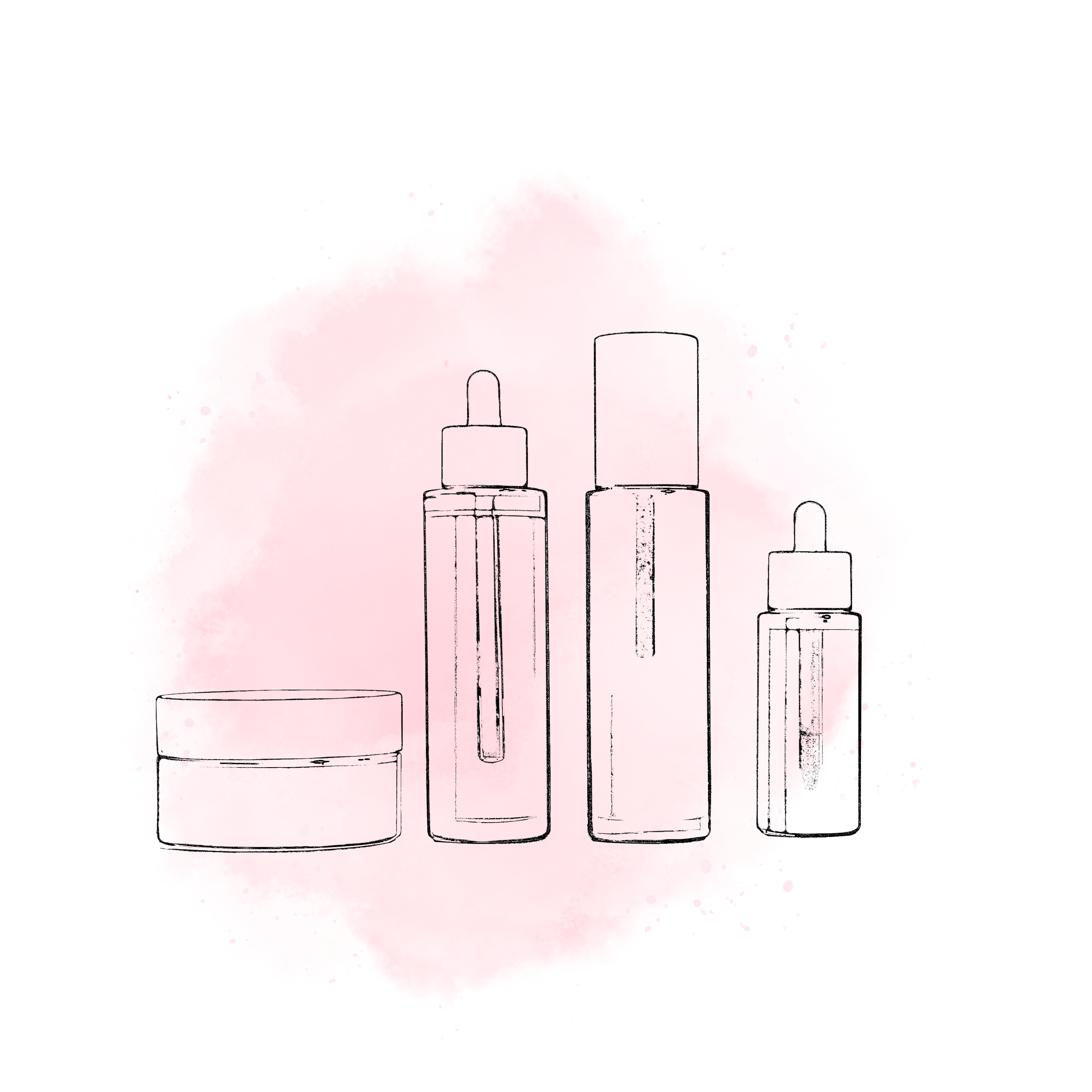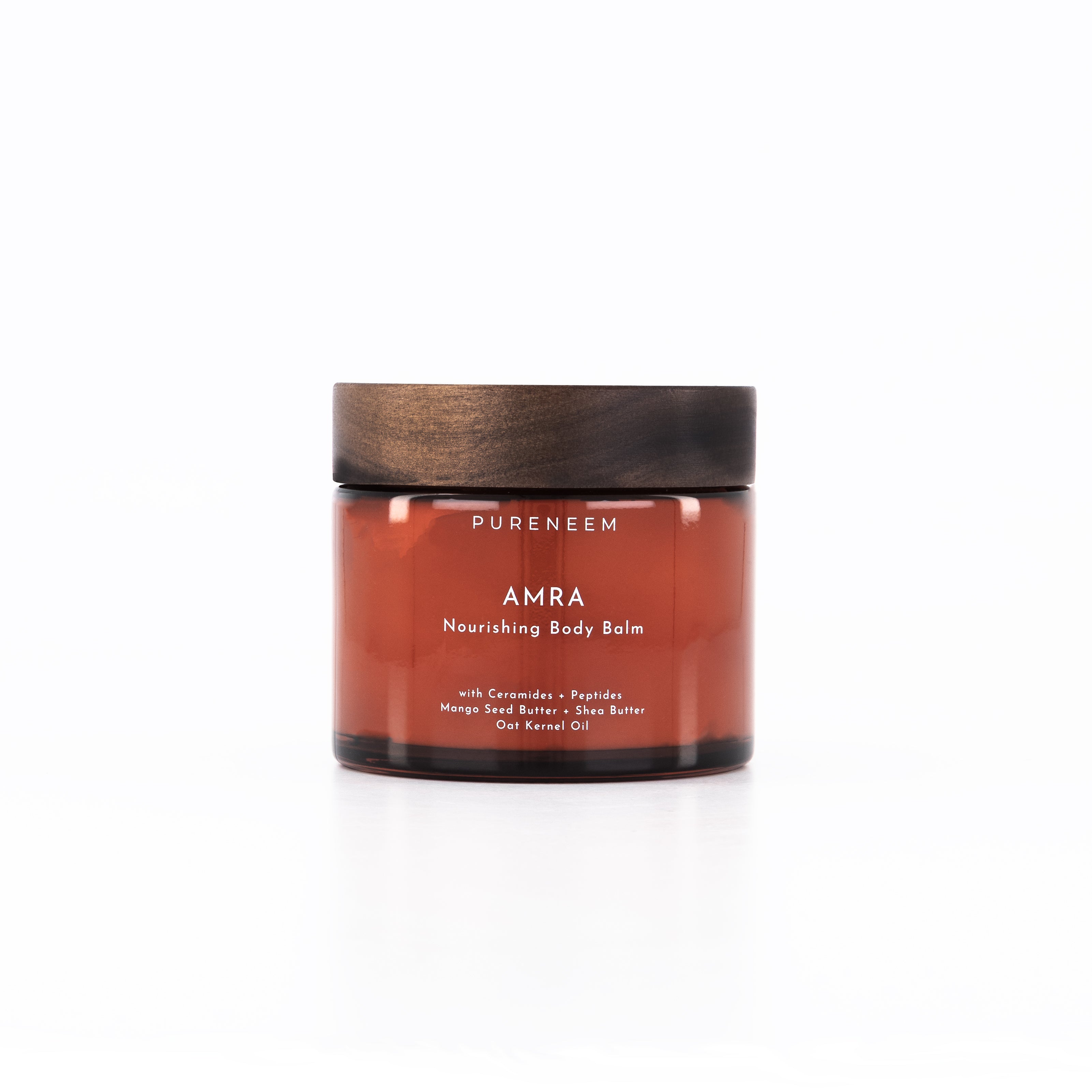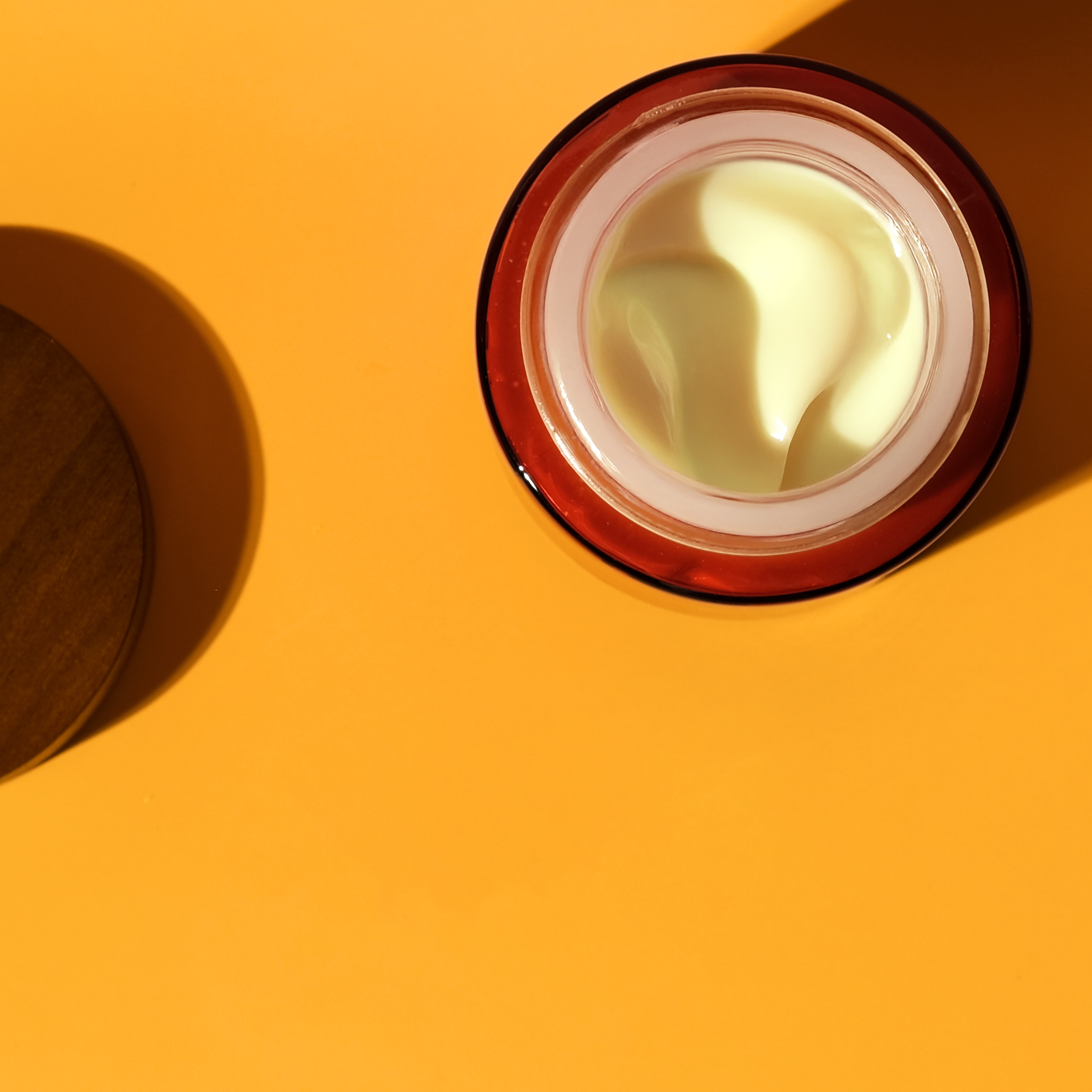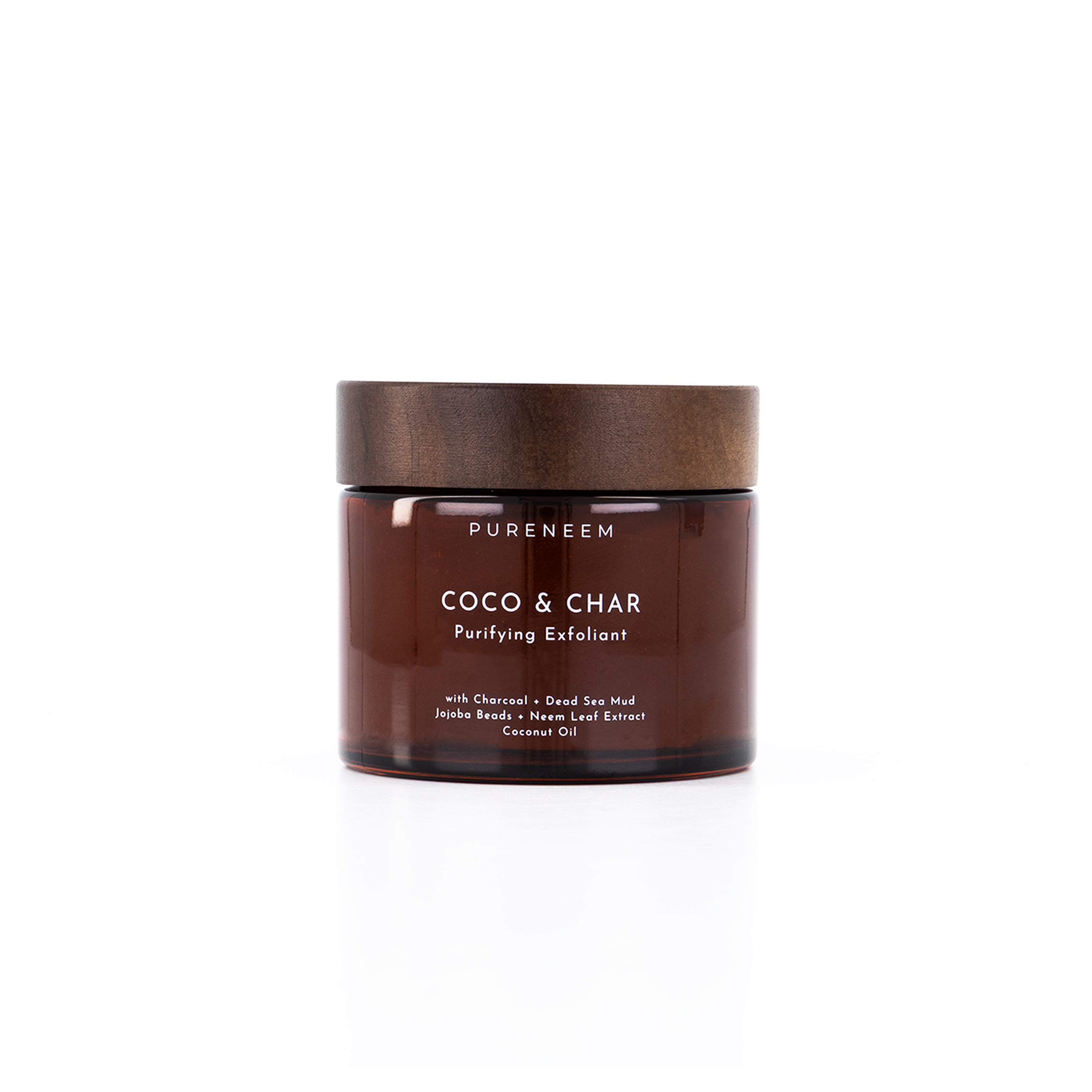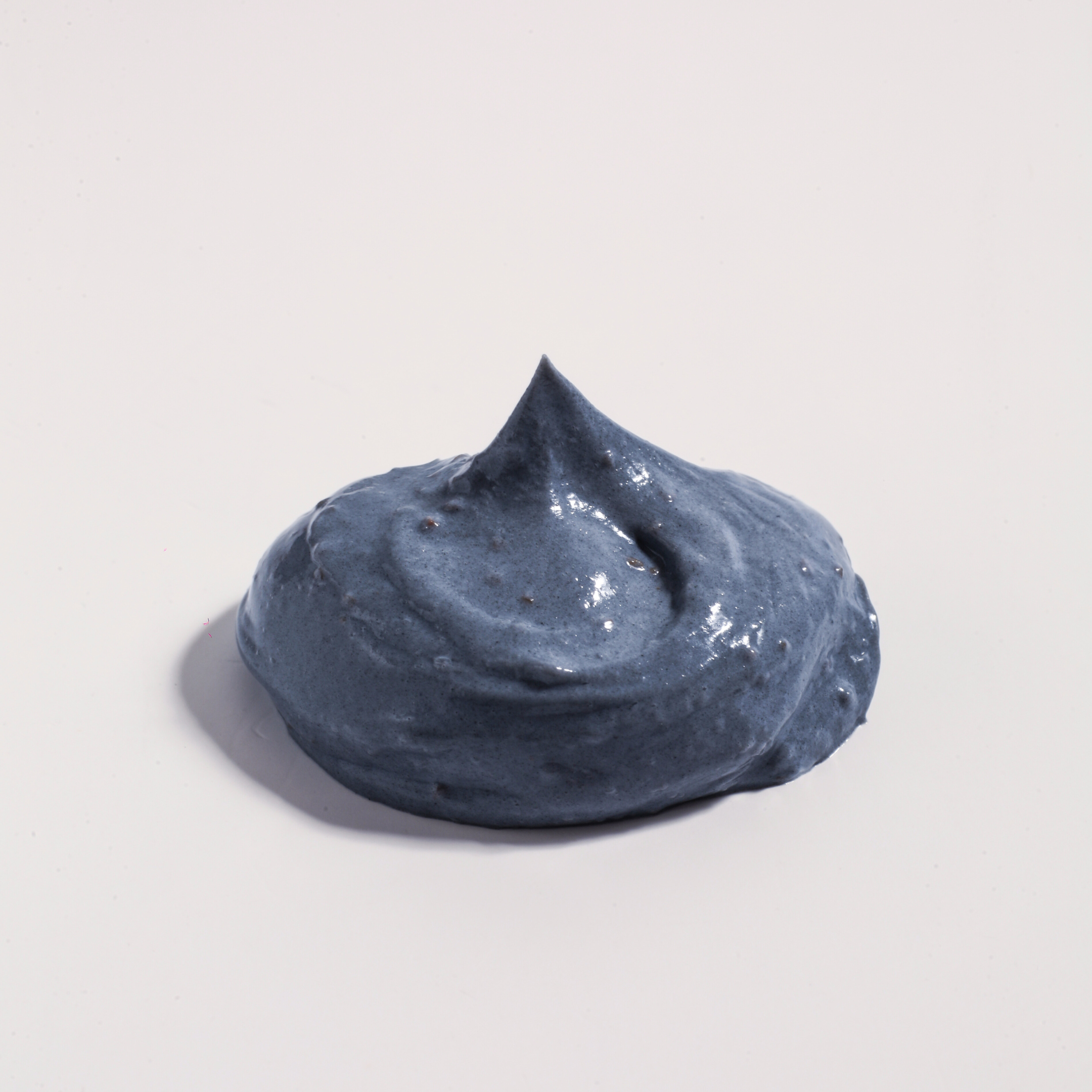Date: 15/07/2025
Coconut Oil: Nourishment, Repair, and Radiance from Nature’s Elixir
A cornerstone of traditional beauty rituals across tropical cultures, coconut oil has evolved from a kitchen staple to a skincare icon backed by modern science.
Its deeply nourishing, antimicrobial, and barrier-repairing properties make it a multifaceted ingredient used in everything from moisturizers and balms to cleansers and hair treatments.
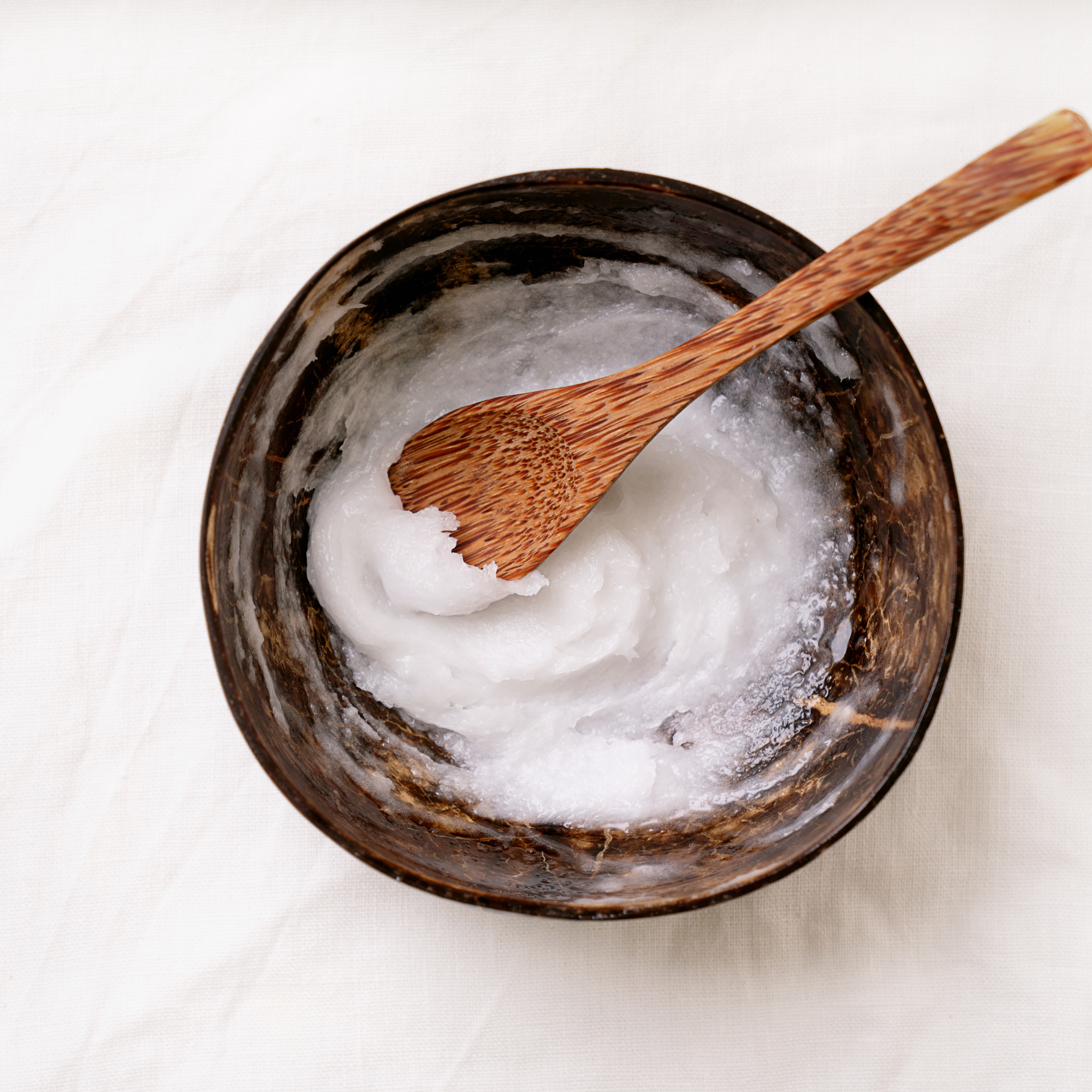
What Is Coconut Oil?
Coconut oil is derived from the kernel or meat of mature coconuts. It is rich in medium-chain fatty acids (MCFAs), especially lauric acid, which is known for its antimicrobial, antifungal, and anti-inflammatory effects. It also contains capric, caprylic, and myristic acids, as well as vitamin E and polyphenols, all of which contribute to its broad spectrum of skin benefits (Verallo-Rowell et al., 2008).
Coconut oil’s semi-solid texture at room temperature allows it to act as both an occlusive and emollient, sealing in moisture while softening the skin’s texture.
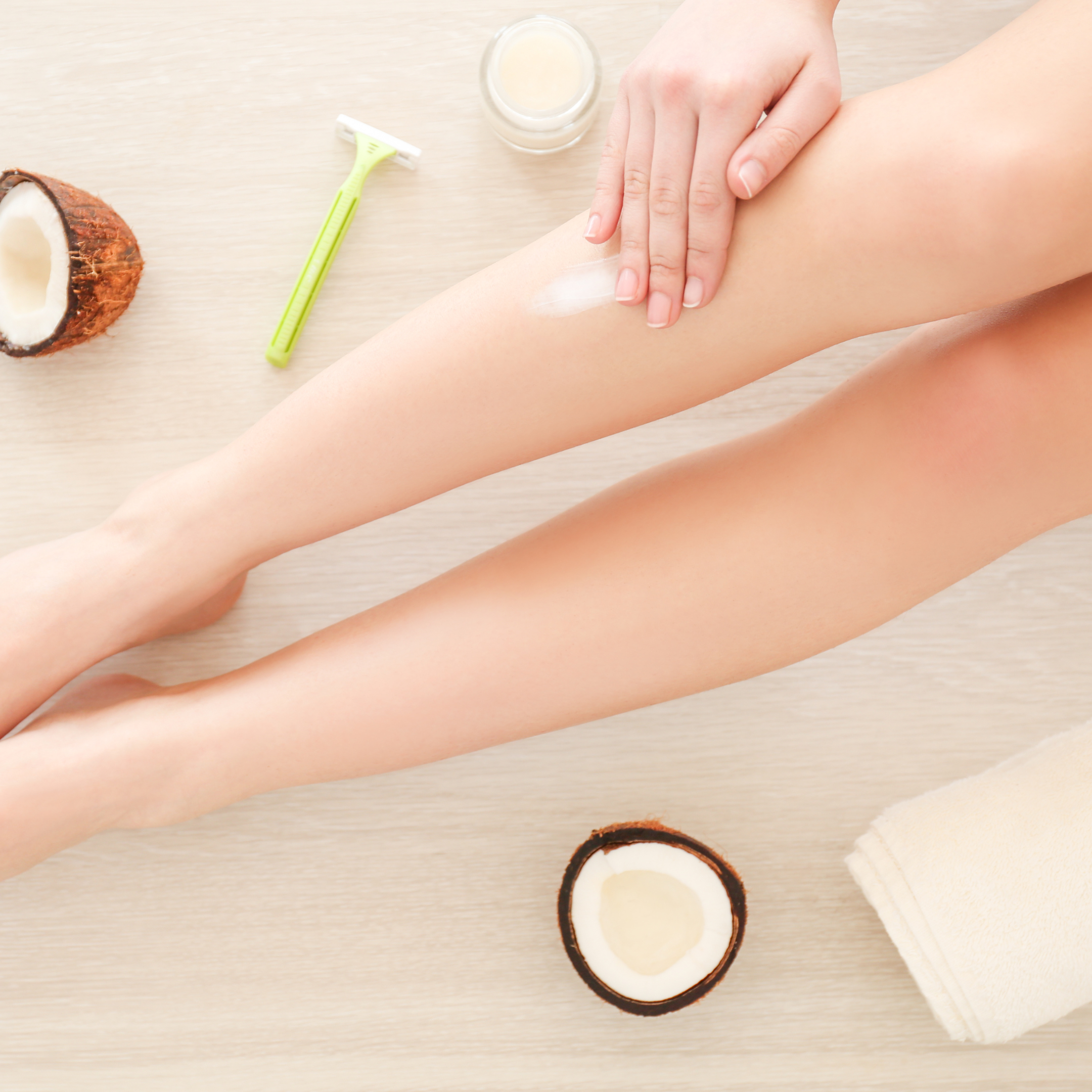
Proven Skin Benefits
- Moisturization & Barrier Support: Coconut oil helps reinforce the skin’s lipid barrier, reducing water loss and improving hydration—particularly for dry or rough skin (Agero & Verallo-Rowell, 2004).
- Antimicrobial Action: Lauric acid has demonstrated effectiveness against acne-causing bacteria like Propionibacterium acnes, as well as yeast and fungal infections (Ogbolu et al., 2007).
- Anti-Inflammatory Properties: It can help soothe irritated or inflamed skin and is often used in managing eczema and dermatitis.
- Wound Healing: Coconut oil enhances wound healing by promoting collagen cross-linking and increasing antioxidant enzyme activity in damaged tissue (Intahphuak et al., 2010).
- Antioxidant Protection: Naturally occurring tocopherols and polyphenols help combat oxidative stress, preserving skin suppleness and preventing premature aging.
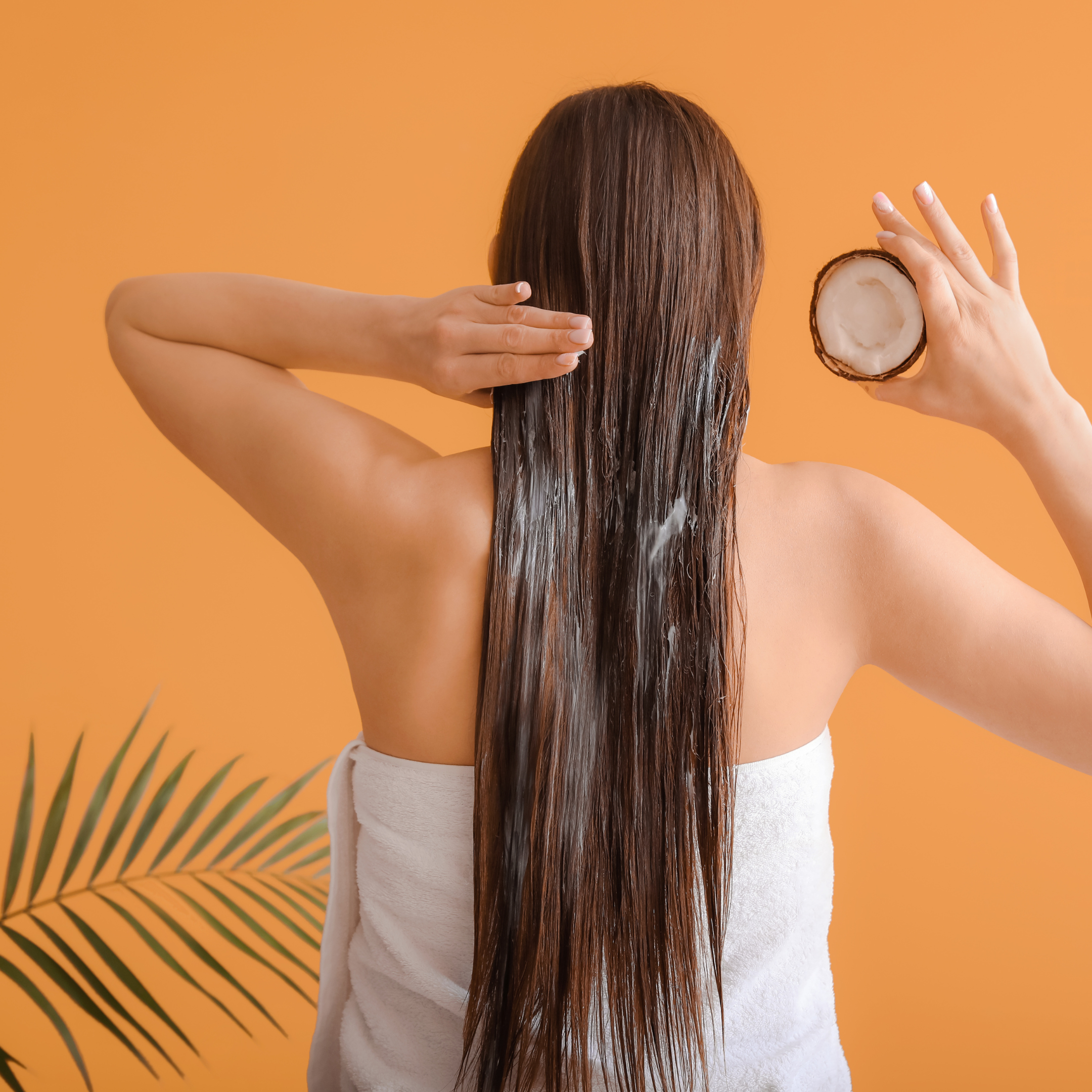
Application Versatility
Coconut oil can be used as a stand-alone moisturizer, a makeup remover, or a base in oil cleansing. It is gentle enough for sensitive skin, though users prone to clogged pores may prefer fractionated or non-comedogenic blends in facial care.
In haircare, coconut oil reduces protein loss and strengthens hair strands, making it ideal for masks, leave-in treatments, and scalp repair.
Coconut Oil in PureNeem Formulations
At PureNeem, we use high-grade, cold-pressed coconut oil in targeted formulations where nourishment, protection, and repair are paramount.
You’ll find it in products like our Coco & Char Purifying Exfoliant & Amra Nourishing Body Balm where it pairs with potent botanicals and actives to deliver luxurious hydration, barrier repair, and antioxidant care.
For us, coconut oil isn’t a filler—it’s a hero that bridges heritage with high performance.
Coconut-Rich Rituals
References
- Verallo-Rowell, V. M., Dillague, K. M., & Syah-Tjundawan, B. S. (2008). Novel antibacterial and emollient effects of coconut and virgin olive oils in adult atopic dermatitis. Dermatitis, 19(6), 308–315.
- Agero, A. L., & Verallo-Rowell, V. M. (2004). A randomized double-blind controlled trial comparing extra virgin coconut oil with mineral oil as a moisturizer for mild to moderate xerosis. Dermatitis, 15(3), 109–116.
- Ogbolu, D. O., Oni, A. A., Daini, O. A., & Oloko, A. P. (2007). In vitro antimicrobial properties of coconut oil on Candida species in Ibadan, Nigeria. Journal of Medicinal Food, 10(2), 384–387.
- Intahphuak, S., Khonsung, P., & Panthong, A. (2010). Anti-inflammatory, analgesic, and antipyretic activities of virgin coconut oil. Pharmaceutical Biology, 48(2), 151–157.

